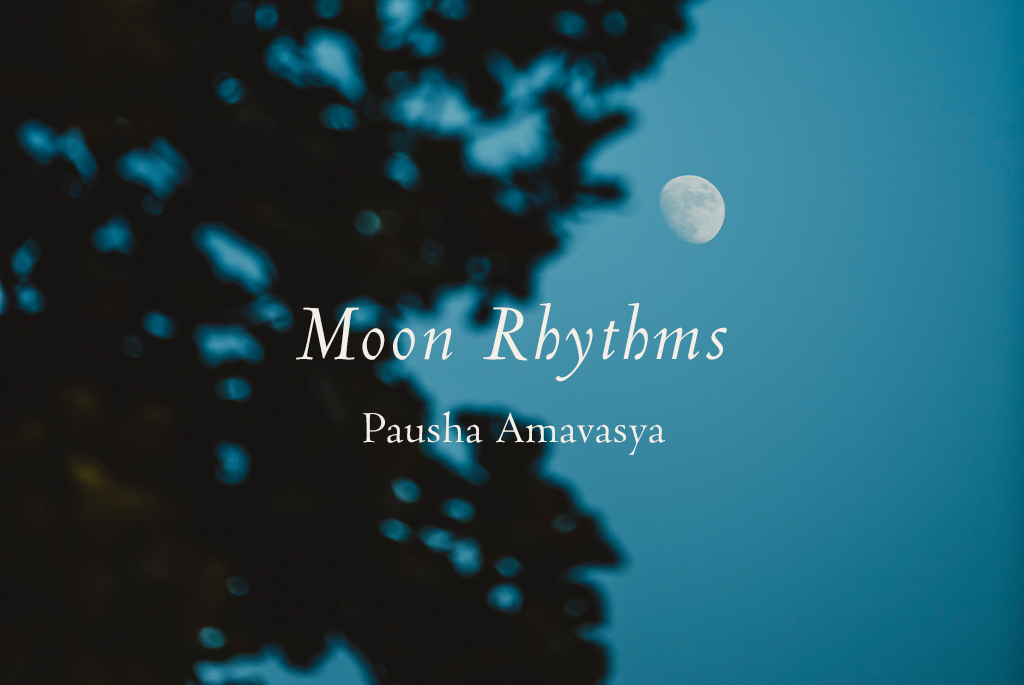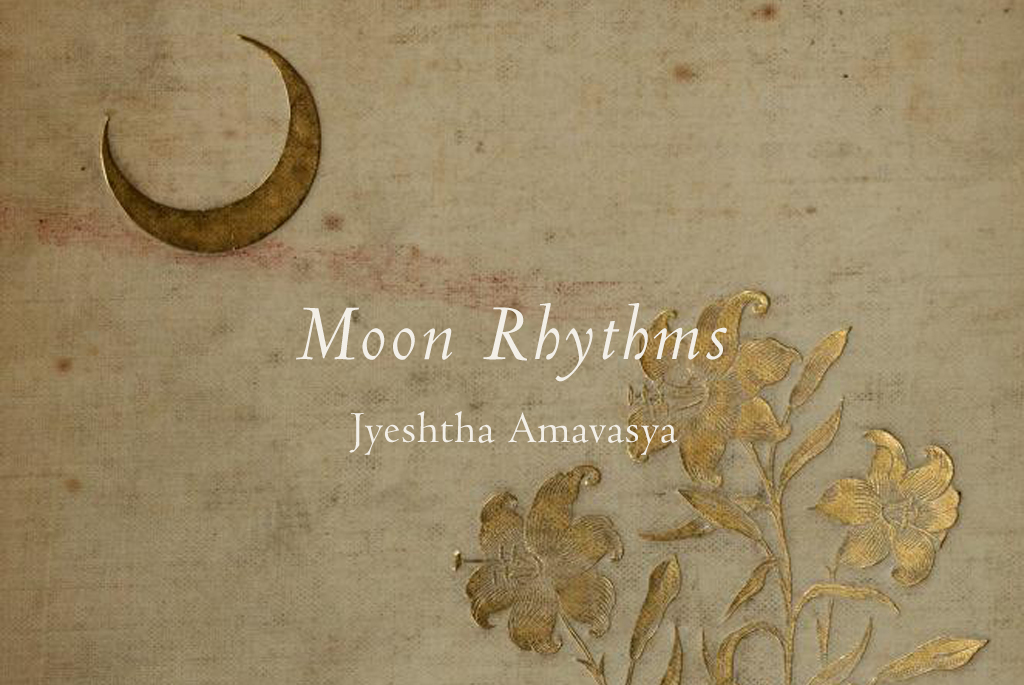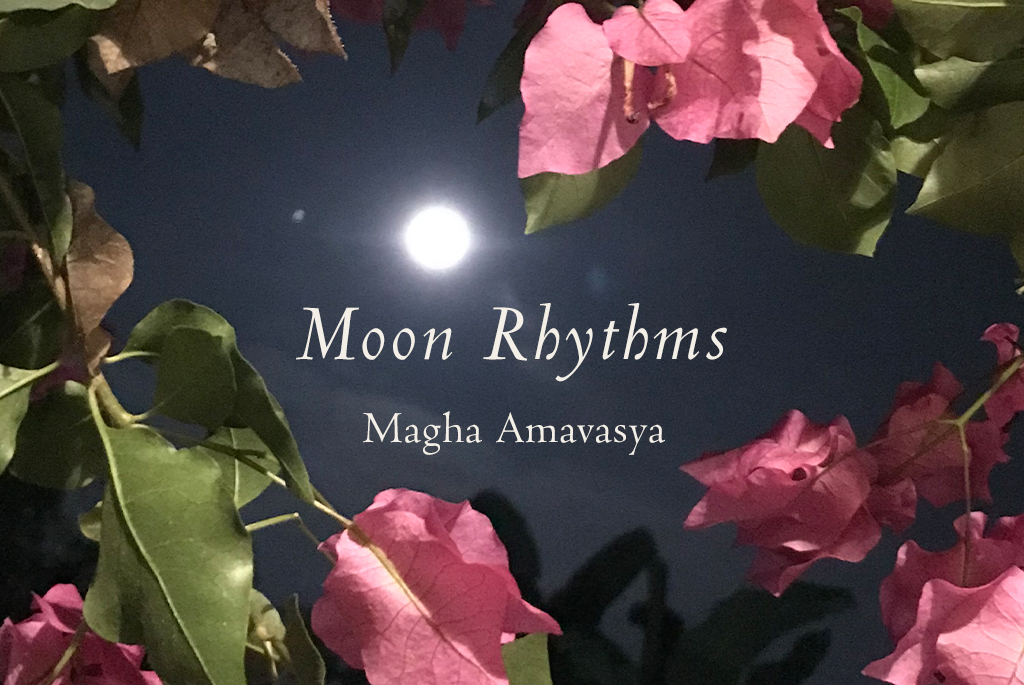




Night has closed all in her cloak
Twinkling stars love thoughts provoke.
There is absolutely no correlation between love and the Moon according to scientific research.
And yet, for all the centuries of recorded human history, the Moon has been inextricably linked with love and lovers and has been a recurrent theme when lovers, poets and artists talk about love. Sometimes the Moon is a benevolent witness to the shenanigans of lovers. At other times she is a friend to lovers. One of the sweetest odes to this aspect of the Moon – that of one who presides over love and lovers – is Lady Mary Wartley Montagu’s “Hymn to the Moon”:
“Thou silver deity of secret night,
Direct my footsteps through the woodland shade;
Thou conscious witness of unknown delight,
The Lover’s guardian, and the Muse’s aid!
By thy pale beams I solitary rove,
To thee my tender grief confide;
Serenely sweet you gild the silent grove,
My friend, my goddess, and my guide…”
The Moon is the steadiest of friends to the heartbroken, to those who long for their beloved; “The moon is a friend for the lonesome to talk to” as Carl Sandburg says.
In the mythology of most cultures the Moon is feminine, a counterpart to the fiery masculine energy of the Sun. In both the mythology of the Moon and our experience of it, there is a softness to the radiance of the Moon and a quietness to the starlit night that emboldens and encourages lovers and nurtures love. The point is this: the Moon and the stars and the night have always been claimed by imagination, dreams and desires or simply put – love. Of course, poets will always say it best and William Carlos Williams puts it thus:
“Night is a room
darkened for lovers…”
Despite the heartache that accompanies it, we insist on falling in love. Daisy Goodwin, the editor of a beloved anthology of poems, in discussing a section on love poems, says that “falling in love is clearly a form of madness”. Perhaps that explains the constant correlation between the Moon and love. Because lunacy, like love, also falls under the spell of the Moon. The word lunacy is derived from the word lunaticus meaning “of the moon” or “moonstruck”. And to be moonstruck also means “unable to think or act normally, especially as a result of being in love.” Mundane, rational actions can easily be distorted by the lens of love, as witnessed in this beautiful haiku “This Morning” by Hitomaro.
“This morning I will not
Comb my hair.
It has lain
Pillowed on the hand of my lover.”
When the Moon reaches out to you with its magic, well, that is when love is in the air. Take the utterly charming film ‘Moonstruck’ (1987), which traces the love story of a widow – Loretta. In her second shot at a happy married life she plans to do everything by the book – she chooses a steady, virtuous man – Johnny, and insists on a proper engagement. But she does not take into account the alchemy of love. And presiding over her life, and that of the rather engaging cast of other characters, is a Moon so luscious and ripe that of course, everyone ends up being moonstruck, and following their hearts.
The link between love and the Moon is equally well established in the subcontinent’s traditions of poetry, drama, music and of course, films. The most celebrated Ras Leela of Krishna and Radha is on the night of Sharad Purnima, the Moon that is also celebrated as the Lover’s Moon in the subcontinent. This is the night of Kaumudini – the magical moonlight that bathes all lovers with its silvery radiance. In classical literature, such as Sanskrit and Tamil, the Moon is ever present when there are matters of the heart being discussed.
The lyrics of a very popular Tamil song, “Nallai Allai nal irave” are inspired by a poem from Sangam literature, which dates back to nearly two millennium ago. In this poem by Nedu Ven Nilavar (trans. Palaniappan Vairam Sarathy) the lover chastises the Moon for not being brighter and therefore more helpful to his beloved as she makes her way to a secret tryst with him, the poet.
“Fallen flowers of black trunk
Vengai trees in the hills
Appear like large tiger cub
And scares my lover who comes through the forest to
Have secret union with me in the night.
It is not good of you wide moon
(For not being bright enough)”
Across cultures and ages, presiding over all our love stories – the grand ones and the quiet ones, our heartbreak and our happiness, our grief and joys, is the Moon. And perhaps it is in her beauty, in her mutability and her magic that we find ourselves and our loves.
So beautiful